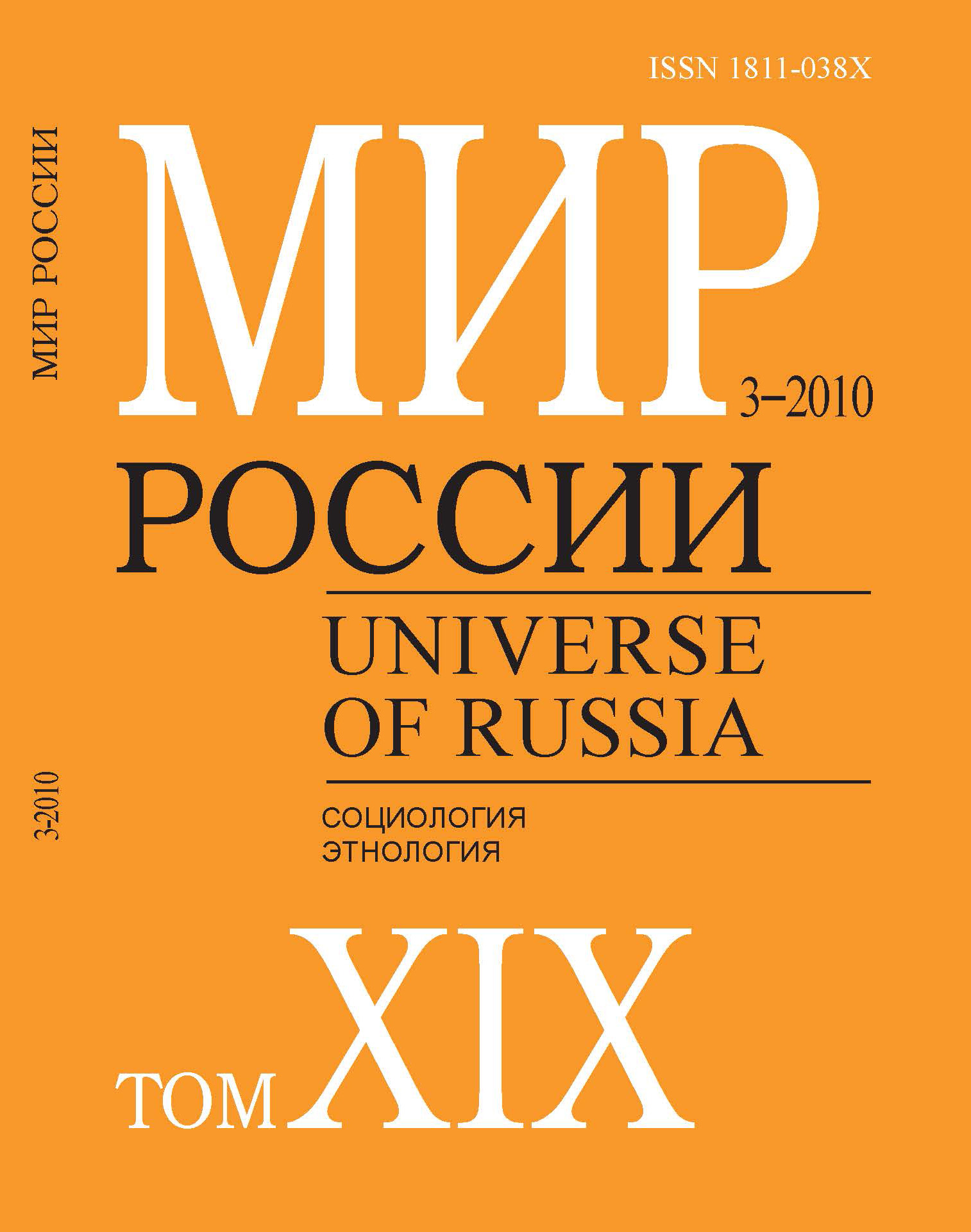Russian Households: a Comparative Analysis of Social Consequences After Economic Crises
Abstract
Sergey Smirnov — Director, Institute for Social Policy and Socio-Economic Programs, National Research University “Higher School of Economics”. Address: 20, Myasnitskaya St., Moscow, 101000, Russian Federation. E-mail: socpol@hse.ru
This article addresses the issue of social consequences after the very different economic crises of 1998–1999 and 2008–2009. In 1998–1999, the Russian population was practically shut in upon itself and many households were forced to switch to a ‘self-survival’ strategy, as the state had completely retreated from the task of dealing with the crisis. Such a strategy eventually leads to an intense socio-demographic differentiation of the population, as it creates inequality of chances from the start. The factors of survival include: the socio-demographic structure of households, their educational and occupational characteristics, their property and financial assets. Although there is an important positive socio-psychological aspect in all this: the more advanced households, having achieved economic success in spite of this trial, become the bearers and adherers of anti-bureaucratic ideology, liberal values and personal freedom.
In 1998–1999 a large-scale policy of social support for more vulnerable parts of the population was not possible. The oil prices were very low and there were no financial reserves for such programs. In 2008–2009, the Russian state could actually demonstrate its intentions to fulfill the Constitutional provision, according to which the Russian Federation is a social state. The focus of the policy was the citizens — the subjects of social transfers. Measures were taken not only in relation to pensioners, but the unemployed as well. Under such circumstances, one has to consider the limits of the state social liability in order to avoid a scenario where the social and economic responsibility of households decreases and they become very much dependent on the state.
The danger of growing household dependence on the state — a far from ideal position — is one of the major lessons from the crisis of 2008–2009 and an important warning for the future.






